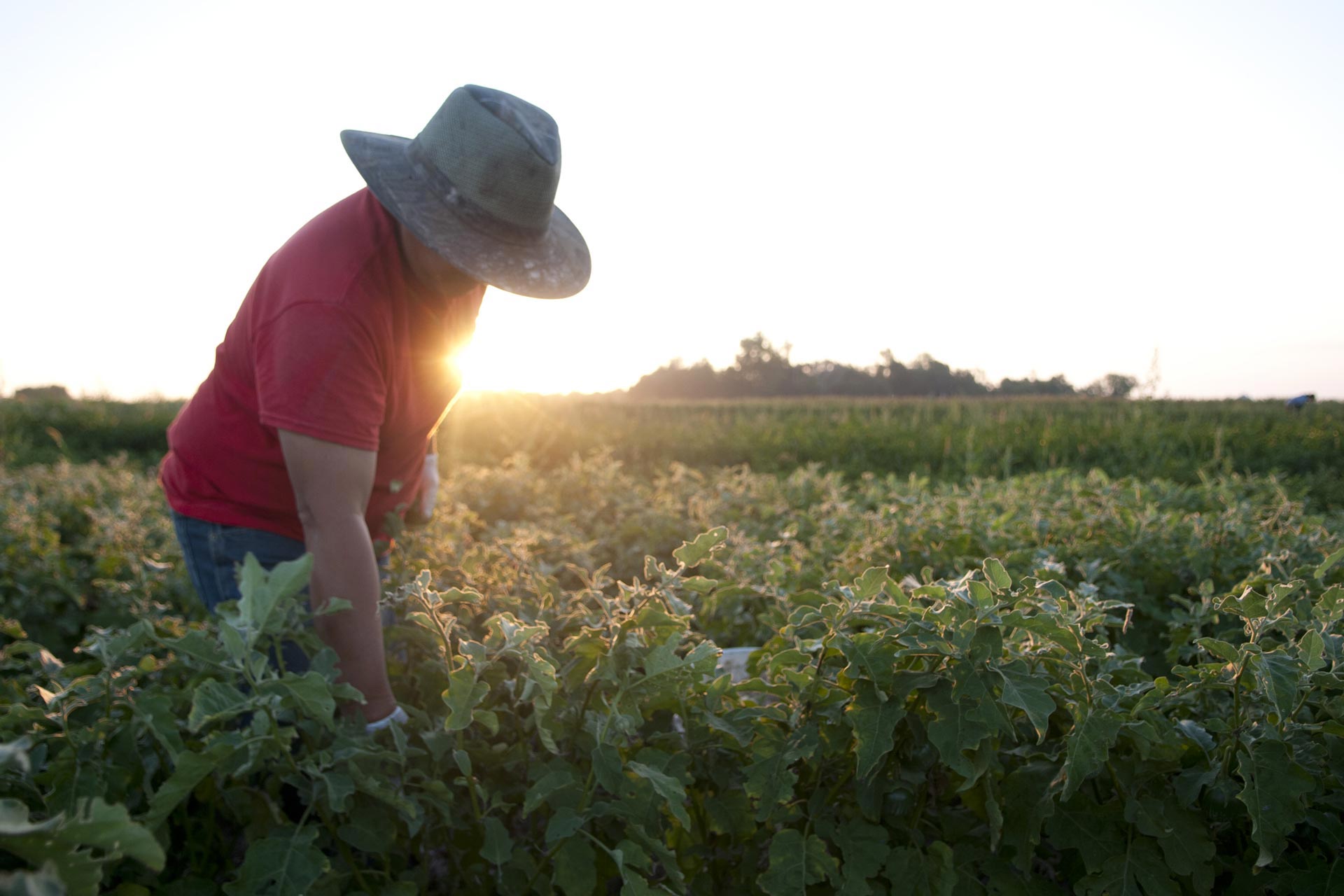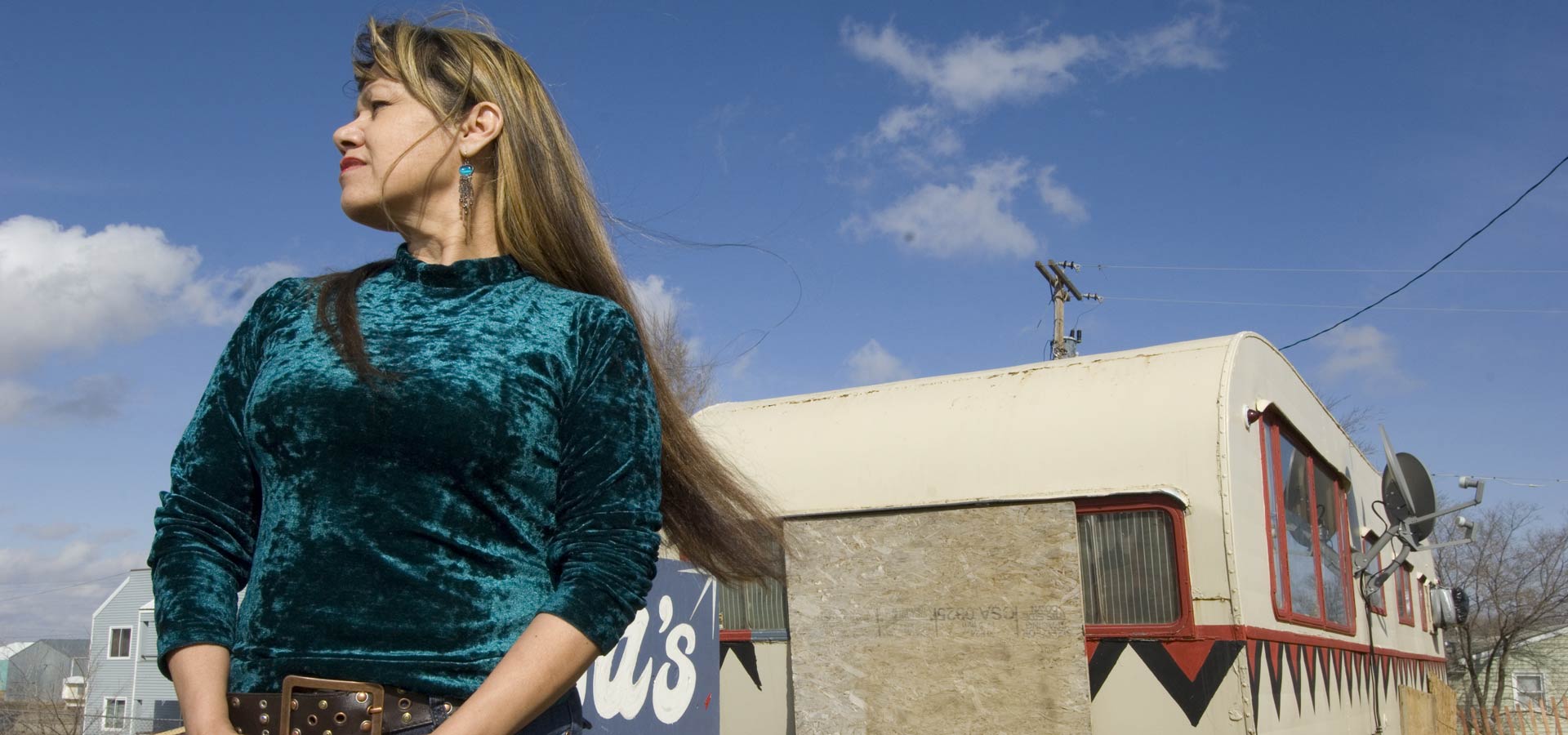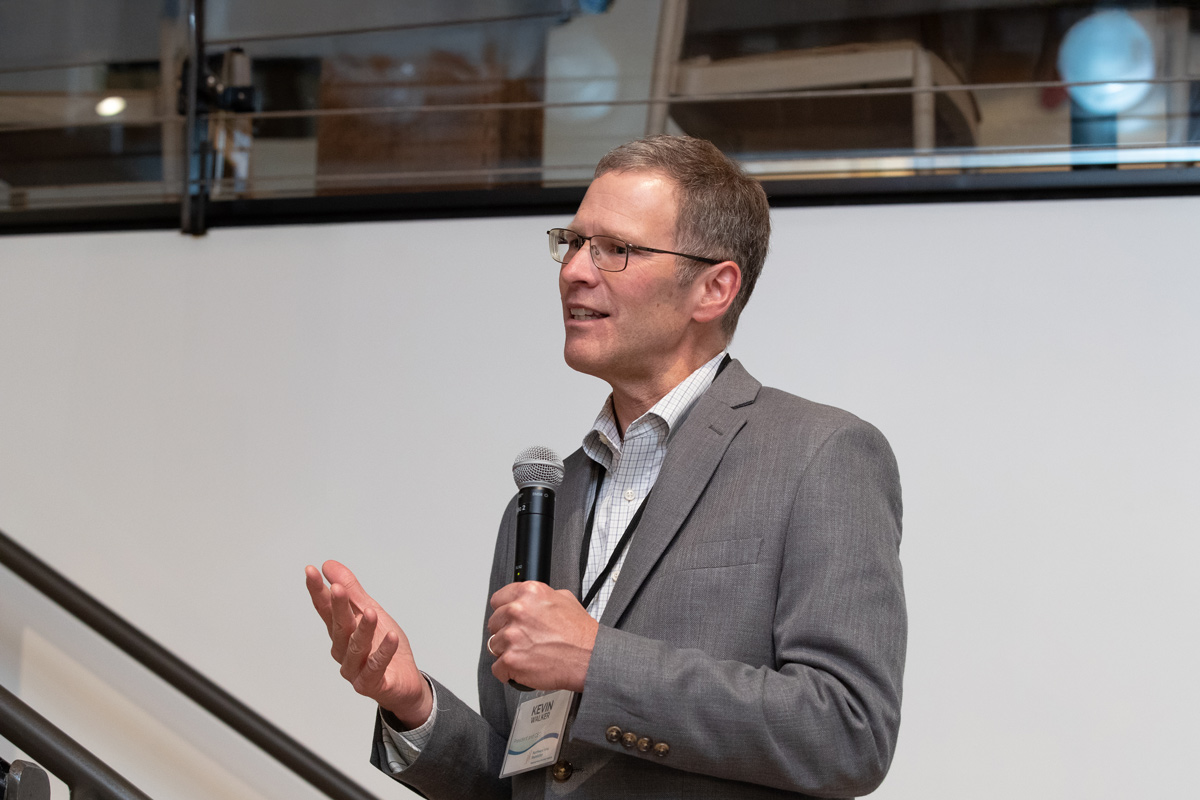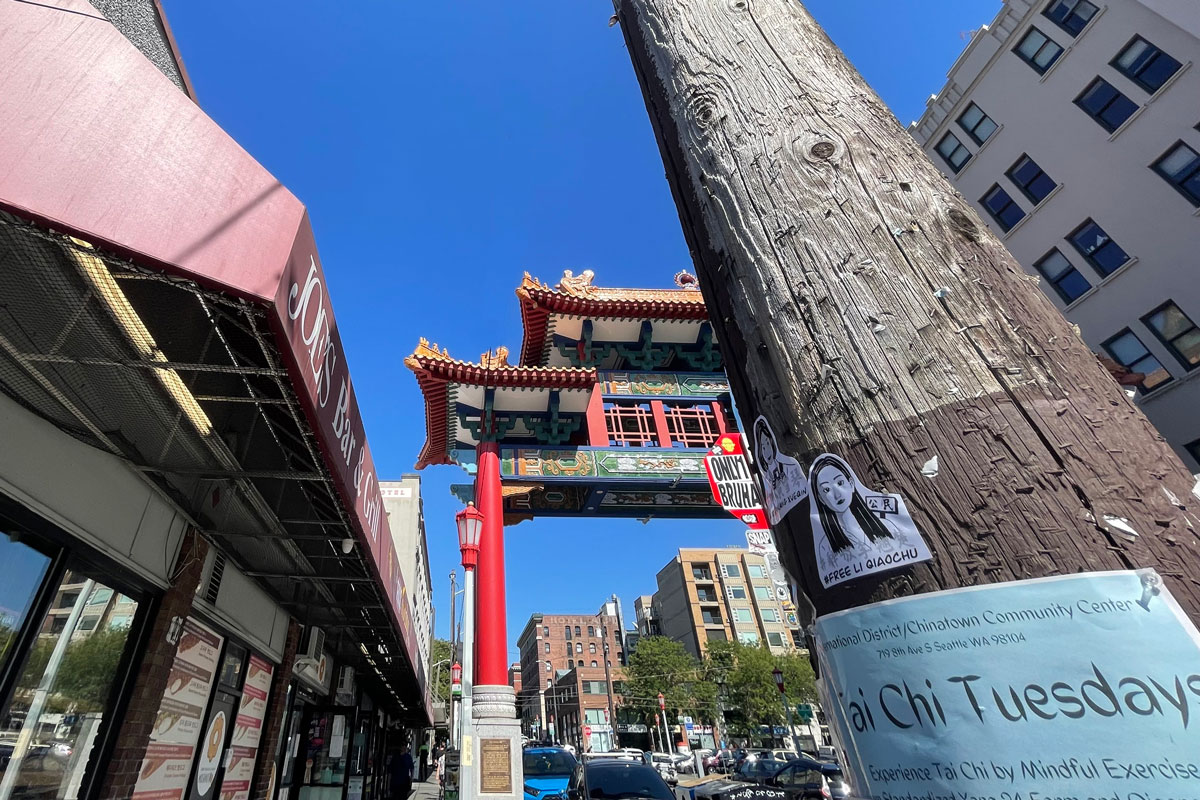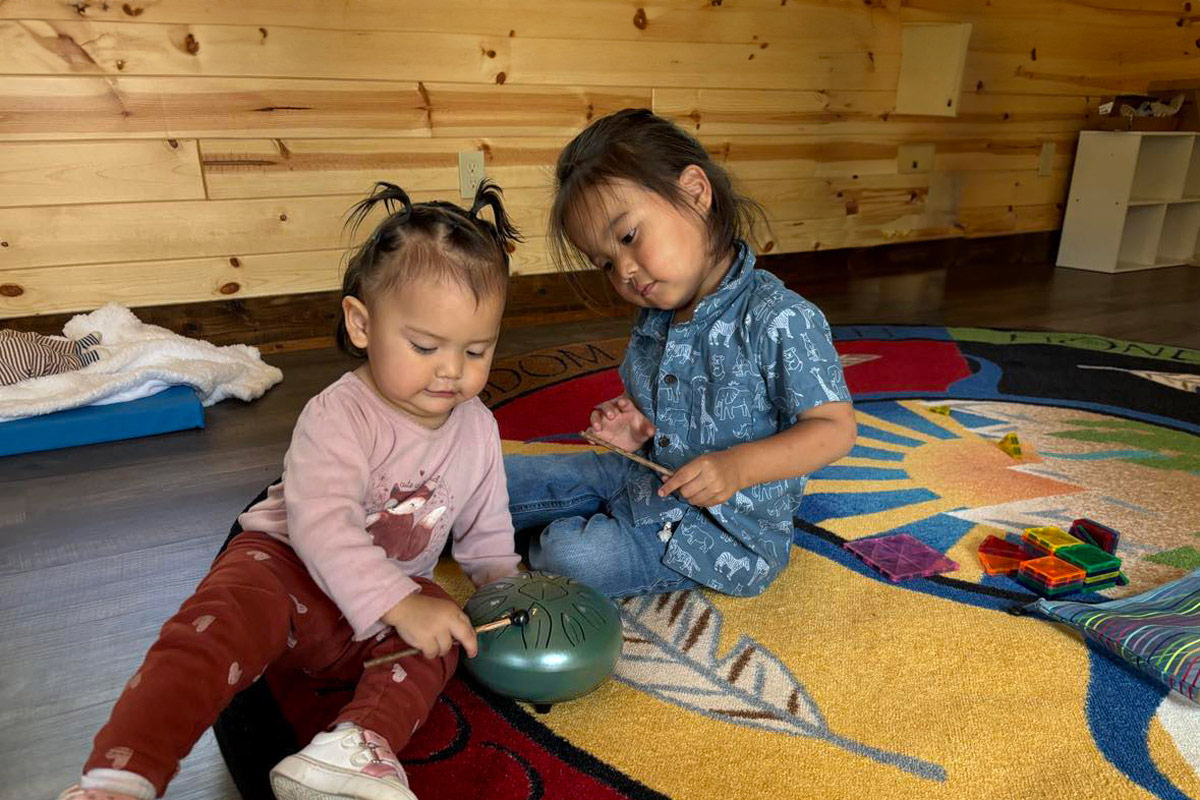Grantees are responding to long-standing racial inequities intensified by this year’s crises. We’re increasing our grants budget to step up our support.
The word unprecedented has become common in 2020. It points to the stark challenges we face: the COVID-19 pandemic, its strain on already flawed and inequitable health care systems, and the economic meltdown. On top of all those developments, worldwide protests after the murder of George Floyd by Minneapolis police officers exposed the racial inequities that predate and cut across these crises.
All this in the first six months of the year. So—unprecedented, for sure.
But what that term obscures is how deeply racial inequity has been baked into the precrisis “normal” faced by our priority communities: Native Americans, communities of color, immigrants and refugees, and people in rural areas across the Foundation’s service region of eight states and 76 Native nations that share the same geography.
In fact, the painful systemic racism, violence, and exclusion of today have been with us for centuries. That history has resulted in traumas, financial instability, and other barriers that make it harder for the communities we partner with to thrive on their own terms.
Five ways the current crises emerged from—and are fed by—systemic racial inequities.
We’re constantly engaged in hearing and learning from our grantee partners. Recently, we had conversations with 100-plus of our grantees. In those exchanges, grantees articulated how they see the influence of systemic racial inequities playing out right now.
1. POWER DYNAMICS. Black, Indigenous, and people of color (BIPOC) communities, immigrants, and refugees shoulder the majority of the “essential” jobs that keep the economy going. The crises of 2020 reveal how low-wage people of color are exploited in our economy.
2. RELATIONSHIPS AND CONNECTIONS. Chronic underfunding means the government agencies leading state-level COVID-19 responses have been understaffed and unprepared to provide adequate outreach to communities of color. This has been further complicated by mixed messages from political leaders and no central, trusted information source.
3. MENTAL MODELS. Racism, bias, and stereotypes feed the continued marginalization of our priority communities in practice—for example, the exclusion of undocumented individuals and mixed-status families from all forms of relief in the CARES Act, along with the ongoing defunding of health infrastructure in Indian Country, where we’re now seeing high rates of COVID-19 deaths in some Tribal communities.
4. POLICY. Reactions to and results of the crises of 2020 illustrate how decades of policy decisions have led to structural inequities, reinforced disparities, and lost human lives.
5. RESOURCE FLOWS. Federal stimulus resources aren’t reaching all communities. Native communities and communities of color have been overlooked in small-business relief efforts and encounter barriers in accessing the Paycheck Protection Program.
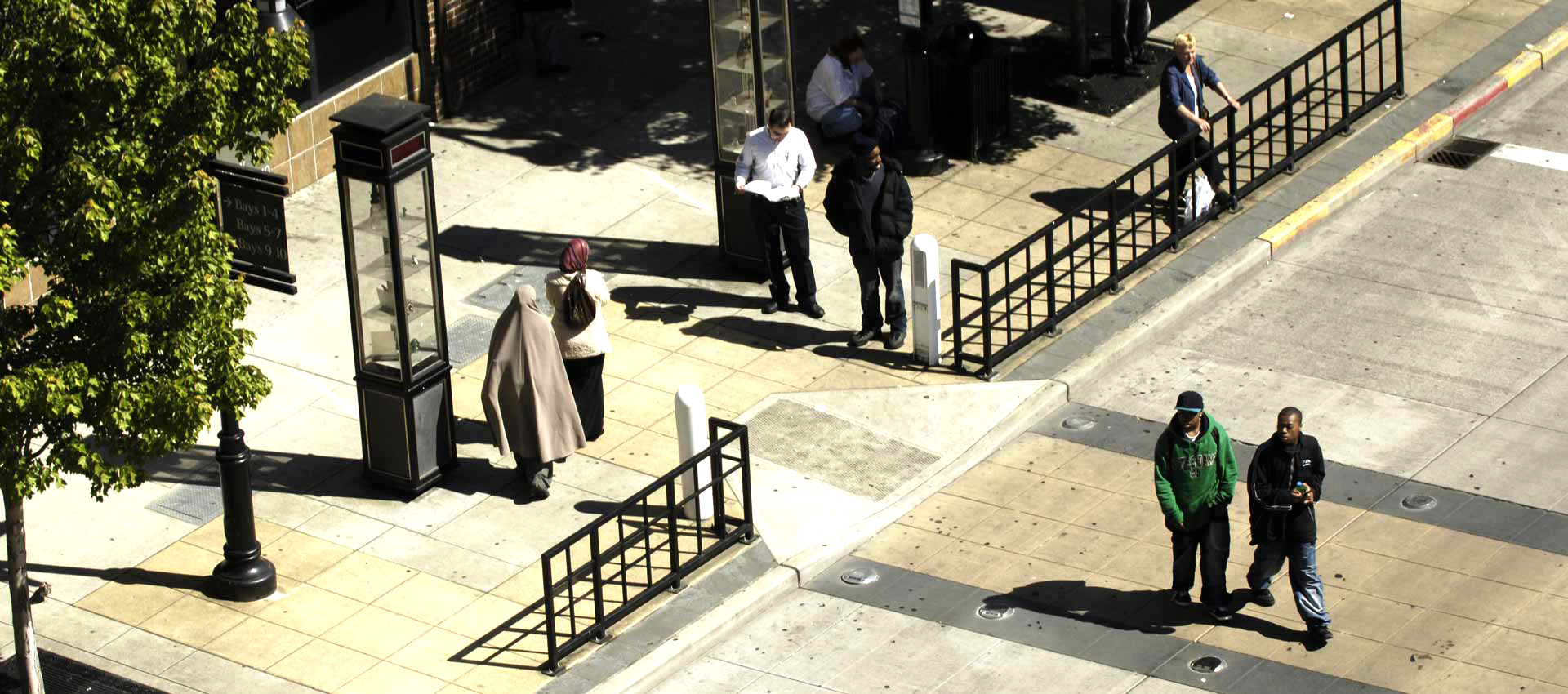
We’ve also heard from grantees that all sectors—including philanthropy—play a role in maintaining racial inequity. These challenges are not new or unique to the current crises, but point to the systemic racial inequity that persists in dominant systems. We are committed to working to remove the barriers to access, power, and respect faced by our priority communities. As a funder and partner, our passion and our purpose is to help grantees and their vibrant, resourceful communities navigate this moment. We are trying our best to do that in a spirit of partnership and service, by following their lead.
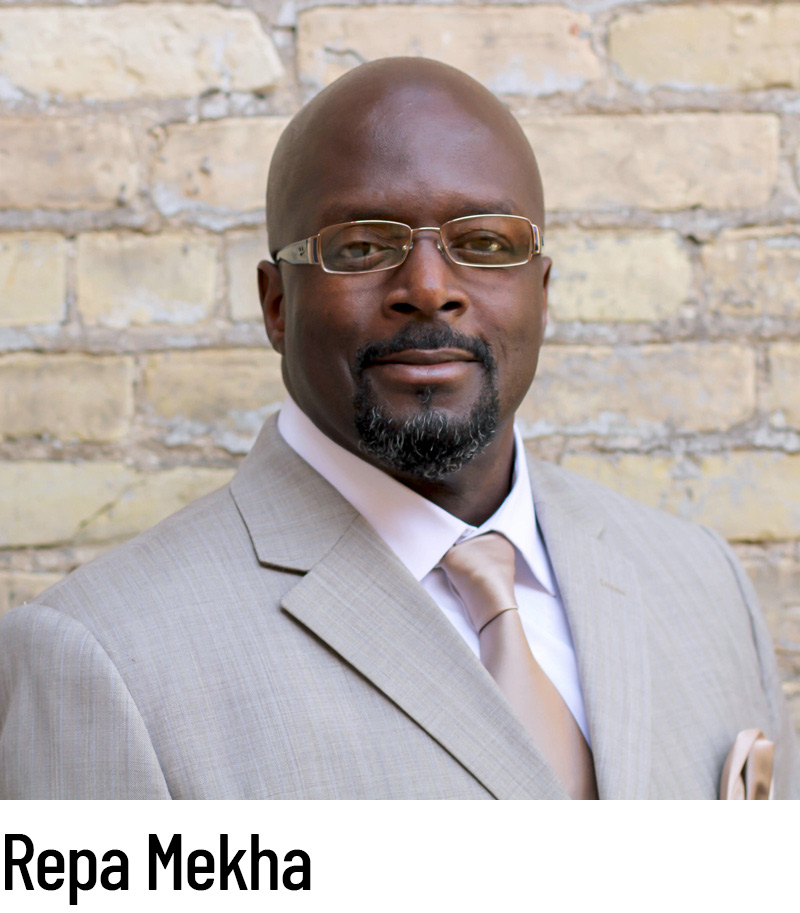
Repa Mekha, the president and CEO of Nexus Community Partners, is one of our key allies who cultivates deeply rooted relationships with communities of color in the Twin Cities and is co-leading a collective to achieve racial justice in Minnesota. (We’ve made an initial $250,000 grant to the fund and committed to be active partners in the coalition.)
Repa has told us, “For many generations, and in many ways, Black communities have been saying they can’t breathe. And even when they have been listened to, they’ve not been heard. Every major socioeconomic inequity that BIPOC communities are facing can be linked to racialized structures and systems.
“So yes, we want to see White allies fund alongside us. But even more, we want to see White allies step up and help in restructuring systems in ways that our communities have been asking for.”
“Black communities have been saying they can’t breathe. And even when they have been listened to, they’ve not been heard. Every major socioeconomic inequity that BIPOC communities are facing can be linked to racialized structures and systems.”
Repa Mekha
President and CEO, Nexus Community Partners
Fixing broken systems is the path forward.
Our grantees know that systems change is necessary to disrupt the policies and practices that perpetuate inequity. They have known this for years. They are living it, and they have positioned their organizations to drive change. They were working toward that change well before the 2020 crises hit. But this moment heightens the urgency of their missions.
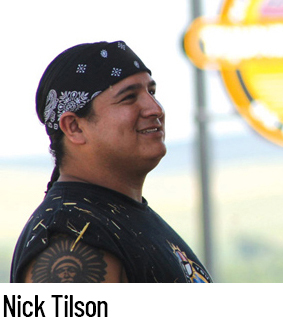
As Nick Tilsen (Oglala Lakota), president and CEO of our grantee partner NDN Collective, recently reminded us: “The normal never did us justice. The normal meant injustices for Indigenous people. The normal meant underinvestment of our people. The normal meant the fossil-fuel industry exploiting our lands and our communities. We don’t want to go back to supporting the same old economic systems and the same old energy systems. There’s opportunity here to architect and build a new world.”
Reacting to this year’s crises requires building a new normal.
The traditional disaster response playbook calls for public and private actors to support impacted communities as they respond, recover, and rebuild. But that model doesn’t support the equity-focused change that’s needed right now. So we’re adopting a forward-looking approach from Common Future (formerly BALLE): respond, reimagine, restructure.
So what does that look like in practice? We don’t really know yet, and it would be wrong to suggest we have a clear roadmap forward. But here’s what we’re focusing our energy and resources on so far:
RESPOND. Through supplemental grants and contributions to pooled funds, we’re supporting organizations that are meeting the immediate needs of communities as they handle the COVID-19 pandemic and its many ripple effects. We’re also focused on supporting organizations that work to replace existing stereotypes and biases with a narrative that comes from our communities and that addresses needs for healing and reconciliation. And we’re rethinking our own grantmaking norms and practices, to be as helpful as possible to our grantees in these crises.
REIMAGINE. We’re supporting organizations seizing this moment as an opportunity for change—in their own programs or the systems around them. For example, we’re standing with our Native community development financial institution (CDFI) partners as they help Native-owned businesses adjust their business models. We’ll also be reimagining our own grantmaking strategy as this year’s crises continue to evolve and the future challenges facing our priority communities come into clearer focus.
RESTRUCTURE. We’re supporting organizations that are building the frameworks of new systems right now. Some are looking at changing the way people work together, shifting power to under-resourced communities, or developing policy solutions. We intend to be a good ally and flexible funder for such efforts.
A story in our upcoming annual report will provide some further ideas on the respond, reimagine, restructure approach.
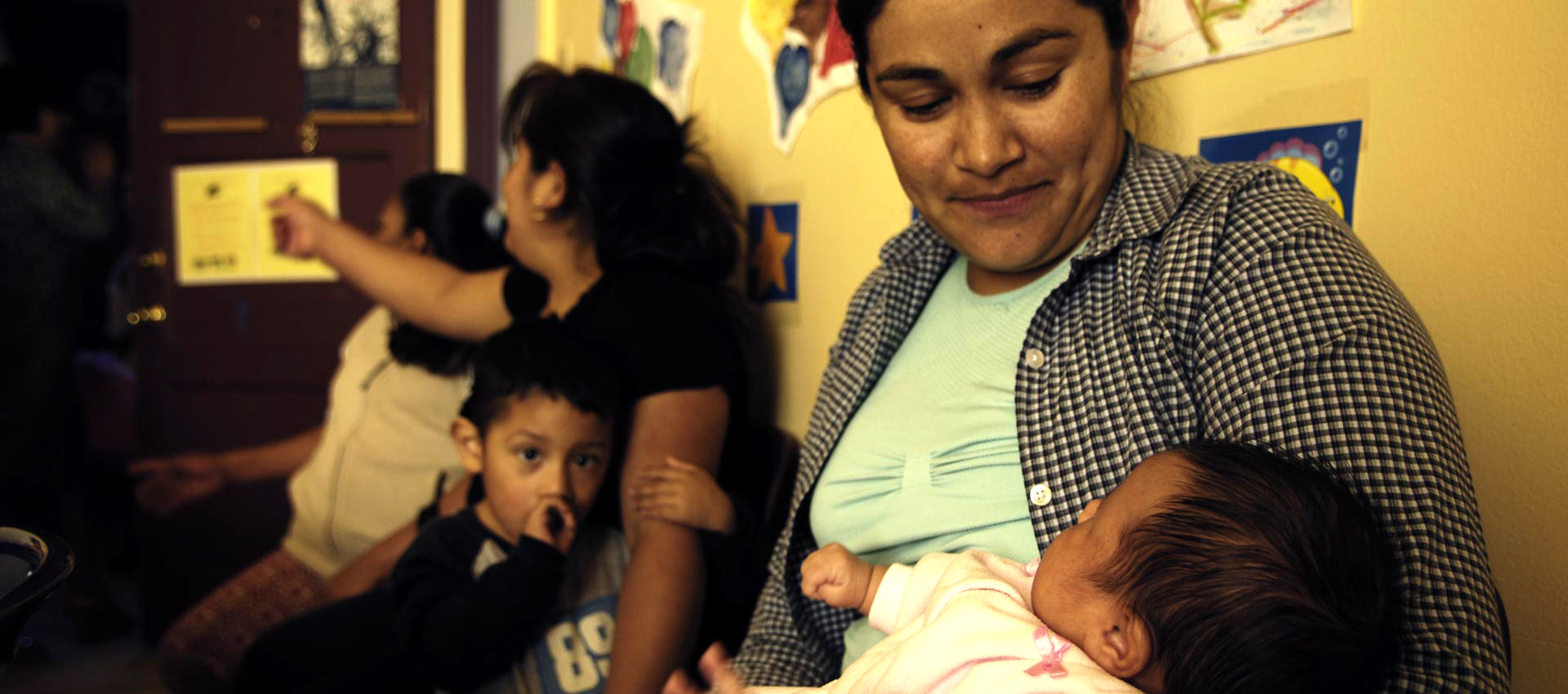
We’re increasing our grants budget by $2 million in both 2020 and 2021.
As we’ve engaged with our grantees since the spring, we’ve heard loud and clear how traumatic this time has been. We’ve heard how acute their communities’ needs are. We’ve seen how nimble and creative our grantees’ responses have been. And we’ve heard the nationwide call for philanthropy to dig deeper and do more.
So, this spring our board authorized us to expand our grantmaking budget by $2 million per year in 2020 and 2021 to support grantee responses to COVID-19-related impacts.
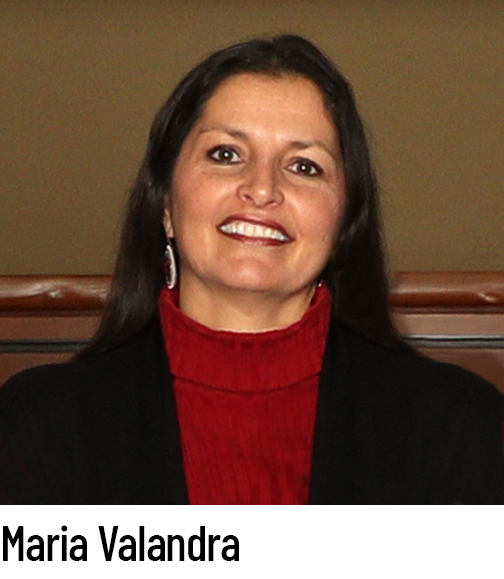
Maria Valandra (Nekaneet Cree), chair of our board’s Program Committee, said, “The current crises present deep challenges for our communities, who’ve already been fighting against long-standing inequities. This moment, though, also holds the potential for essential change. We’re using the Foundation’s assets to seize this moment and listen closely to communities to fund work that restructures economies so they’re more equitable and support good jobs, vibrant cultures, and shared prosperity for all.”
Right now it’s urgent to move quickly, and also thoughtfully.
This additional funding responds to priority communities’ immediate needs and to activities that continue to advance systems change. Our funding is flexible, through general operating support and more, so that current grantees can be nimble and innovative in meeting their communities’ needs.
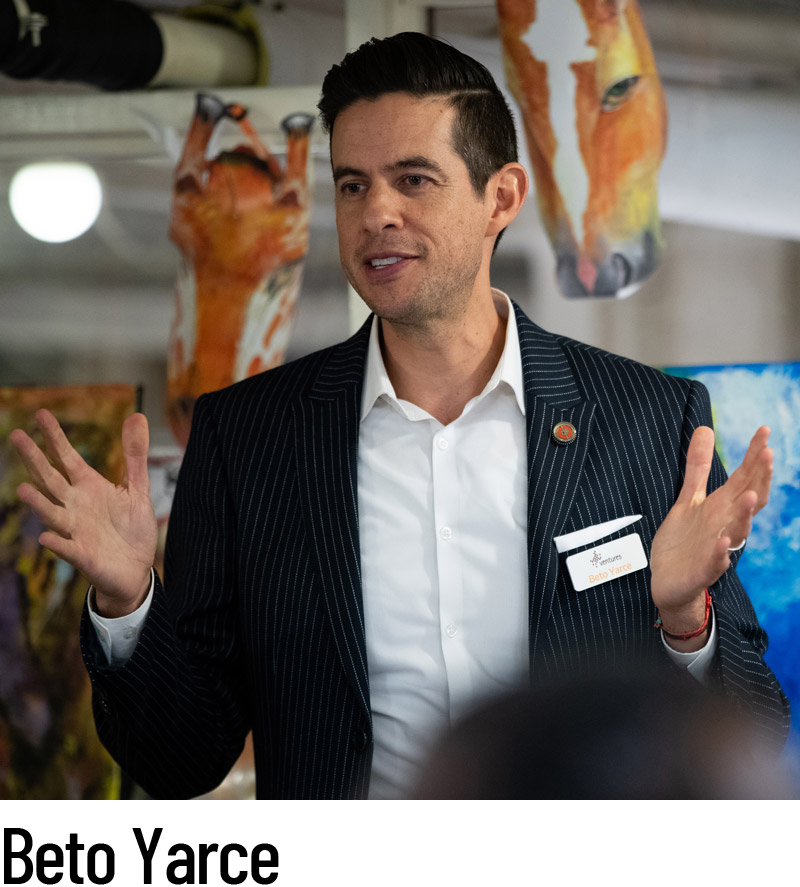
“For 25 years, we’ve been supporting low-income entrepreneurs to overcome the barriers caused by racial bias and systemic barriers,” I’ve been told by Beto Yarce, executive director of Seattle-based Ventures, a longtime grantee of ours.
“So in the midst of the current, unexpected crises our work isn’t changing, but this is a marathon not a sprint. We’re adjusting our trainings to an online format, transitioning our Ventures Marketplace from a brick-and-mortar location in Pike Place Market to a virtual interface, and raising capital for microloans and grants to sustain struggling client-entrepreneurs. Even in this unsettled time full of unknowns, I encourage our team and our clients to look for the opportunities it presents.”
In addition to supporting existing grantees, we’re also using the additional funds to support new grantees through pooled funds at community foundations and other community-based organizations and through intermediaries that support Native communities. The partner organizations leading these pooled funds include the Seattle Foundation and its COVID-19 Response Fund, the Saint Paul & Minnesota Foundation’s Minnesota Disaster Recovery Fund, and the First Nations Development Institute’s COVID-19 Emergency Response Fund.
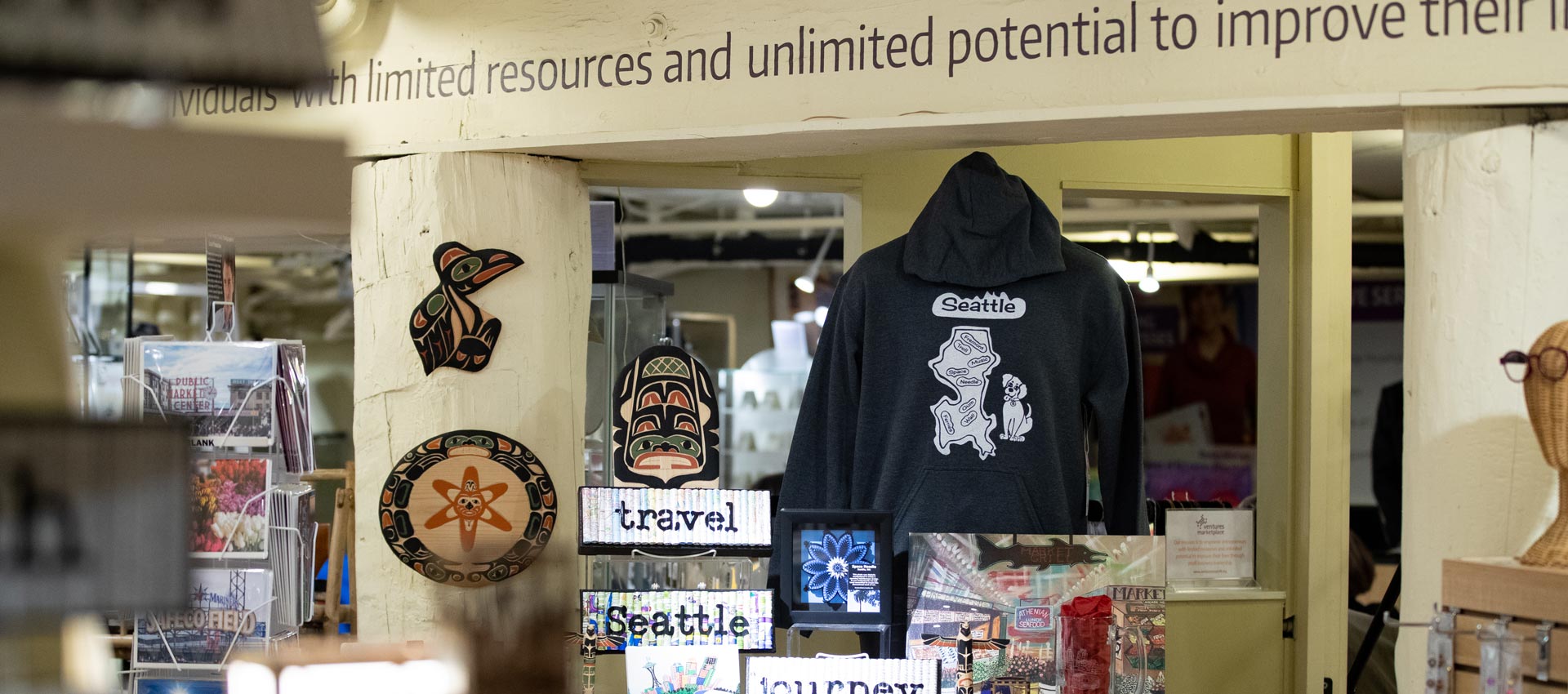
We’ve already awarded much of this funding, and the supplemental grant dollars the board made available for 2020 and 2021 will allow us to make further commitments. You might recall that since shutdowns became widespread in mid-March, we started making what would become more than $1.5 million in grants and program-related investments to longtime grantees and new partners. We’ve had several announcements about this funding through our blog, such as in this entry, and we’ve posted a COVID-19 Update page that tracks all of our pandemic-response funding.
Sustainable prosperity depends on racial equity.
In addition to lifting up the work and voices of our grantee partners, we remain dedicated to transforming ourselves as grantmakers through our diversity, equity, and inclusion (DEI) journey. We continue to examine the Foundation from the inside out through values work, DEI trainings, listening, and learning. Our team is at work right now on developing a racial-equity lens.
In the coming months we’ll share more about our 2020 grants and the community-strengthening work of our grantees. And, again, keep an eye out in August for our upcoming annual report, which will feature more ideas about the respond, reimagine, restructure approach to funding and also about our internal work on DEI and on our values.
Author

Kevin Walker
President and CEO, Northwest Area Foundation

Crisis Response Updates web page
Our Crisis Response Updates web page is dedicated to our latest blog updates—including how we and our grantees are responding to COVID-19—as well as COVID-related grantmaking, and informational and funding resources.

